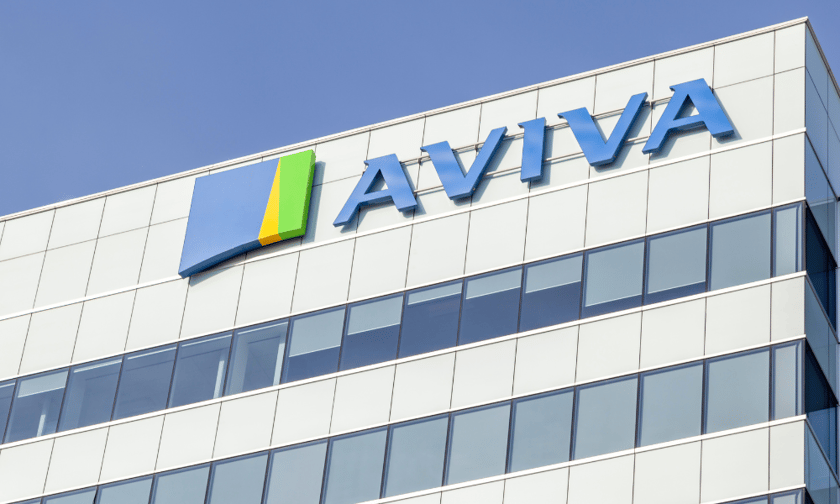

Dame Amanda Blanc has ruled out any revival of Aviva’s once-sprawling international footprint, declaring there will be no return to cross-border empire-building under her leadership - even as the FTSE 100 insurer presses ahead with its transformational £3.7 billion acquisition of Direct Line.
Speaking at The Times CEO Summit on Thursday, Blanc, 57, was unequivocal: “That’s when CEOs start to lose the plot - when they go back to the future and believe they can succeed where others have failed.” Her remarks effectively shut the door on speculation that Aviva might once again seek to re-establish a global presence after its recent streak of domestic acquisitions.
Blanc’s comments mark a deliberate contrast to the group’s past strategy, which saw Aviva - formed in 2000 from the merger of Norwich Union and CGU - amass a significant overseas portfolio across Europe, North America and Asia. That global expansion was largely dismantled under Blanc’s leadership. Within 18 months of taking the helm in 2020, she oversaw the divestment of eight overseas units, including operations in France, Italy, Poland, and Singapore, raising over £8 billion and restoring investor confidence through sizeable capital returns.
Rather than returning to a global playbook, Blanc is intent on deepening Aviva’s strength in what she defines as its core markets: the UK, Ireland, and Canada. “Unless you’re number one, two or three in your market, you don’t have the right to be there,” she told delegates.
This philosophy underpins Aviva’s recent £242 million acquisition of Probitas to re-establish a presence at Lloyd’s, and more significantly, the pending purchase of Direct Line Group.
That deal - expected to close in early July following constructive engagement with the Competition and Markets Authority - will create the UK’s largest motor insurer, with a market share exceeding 20%.
Blanc emphasised that the integration of Direct Line would be carried out “at pace”, with Aviva confident of receiving unconditional regulatory clearance by the statutory deadline of July 10. The insurer is also preparing for a court hearing to approve a July 1 completion date.
While the transaction will bring with it job losses-Aviva has acknowledged that around 2,300 roles could be at risk-the company views the long-term benefits as outweighing the short-term disruption. For Blanc, the scale and diversification the deal brings-combining health, wealth, retirement and general insurance-represents a strategic high watermark rather than a prelude to further expansion.
Blanc’s stance represents a clear repudiation of Aviva’s earlier globalist ambitions. Once present in over 20 countries, Aviva has spent the past decade reining in that reach. Between 2013 and 2021, the company offloaded its life and general insurance arms in the United States, France, Vietnam, and several emerging markets, redirecting capital towards core operations and technology investment.
The Canadian and Irish operations were retained-each commanding strong market positions-but these are now considered strategic outposts rather than launchpads for further international push.
The result is a leaner, more domestically focused Aviva with enhanced capacity to invest in digital services, cross-selling and fee-based revenue growth. Since 2020, the company has returned £10 billion to shareholders and its share price has more than doubled under Blanc’s stewardship.
For insurers and brokers alike, Aviva’s posture is emblematic of a wider shift across the sector. In an era of rising capital costs and mounting regulatory complexity, size alone is no longer a panacea. Executives are increasingly prioritising profitability over presence, and disciplined execution over global ambition.
While Zurich, AXA and Allianz continue to operate across multiple continents, even these giants have trimmed non-core portfolios in favour of specialisation and margin expansion. Aviva’s retreat from global markets-and its refusal to look back-may now serve as a template for others grappling with the same strategic dilemma.
As Blanc made clear, there will be no reversion to the past: “Our success will come from scale where we already lead, not from scattering our resources across the globe.”
With the Direct Line deal set to close imminently, Aviva’s future appears firmly anchored at home.
